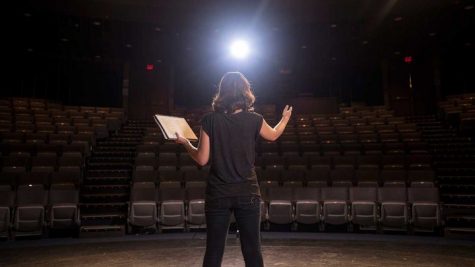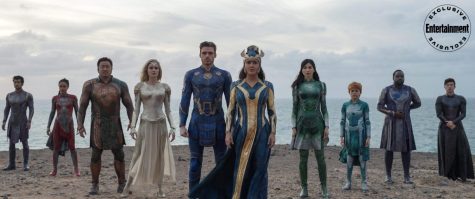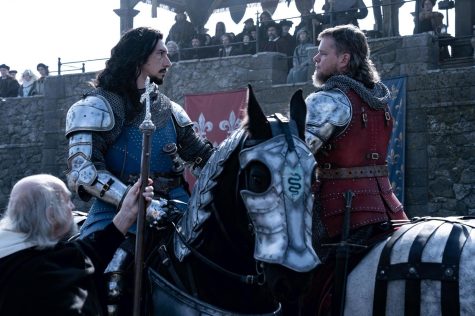“Captain Marvel” happily avoids colonialism
While everyone’s talking about the feminism of Marvel’s latest movie, “Captain Marvel,” and rightly so, nobody’s talking about how it completely subverted our expectations from the semi-colonalist looking trailers — and how we should be glad it did.
Marvel’s 21st installment into their franchise, “Captain Marvel,” debuted March 8 and featured the studio’s first solo female titular character, Captain Marvel, played by Brie Larson.
Many of the film’s trailers begin with Nick Fury (Samuel L. Jackson) talking to Captain Marvel about how the Skrulls are the “bad guys” and how she is a Kree, the race who is always at war with the Skrulls, and therefore a hero. The premise of the movie, or so we thought, was that Carol Danvers, or Captain Marvel, whichever you prefer to call her, came to earth to defend it from the “terrorist Skrulls.” This “race vs. race” stuff, with one “superior race” whom we sympathise with has haunted blockbusters and comic book adaptations for a long time, arguably including even the likes of “Star Trek,” Marvel’s own “Thor: The Dark World.” (Spoilers ahead). This sympathizing with the “superior race” rather than the oppressed or endangered race is what I refer to when talking about the colonialism or empire-like mentalities of these movies.
“Captain Marvel” denied us the chance to enjoy colonialism disguised as an action film. While at the film’s beginning, and even middle, she willingly kicks Skrull butt because they’re, well, Skrull, at the end she decides to save many Skrulls who were initially rescued by Dr. Wendy Lawson (Annette Bening), her former mentor. The Skrulls weren’t terrorists, they were refugees, yet Marvel’s trailers led us to think they would be terrorists invading Earth. Marvel Studios, and directors Anna Boden and Ryan Fleck, are telling us a message we need to hear, no matter what political party or country we come from: those refugees you see on TV are people, people who need a home. Just as the Skrulls aren’t terrorists, and neither are the Syrian refugees.
I was scared of “Captain Marvel” playing into the race vs. race trope that mirrors that of British colonialism and imperialism, and I was delighted when they subverted this ugly expectation the trailers subtly pressed on us.
“Captain Marvel” is currently flying to the top of the box office and it anticipates “Avengers: Endgame,” the second part to Marvel’s “Infinity War” event.









